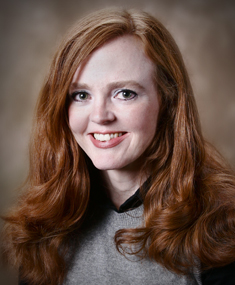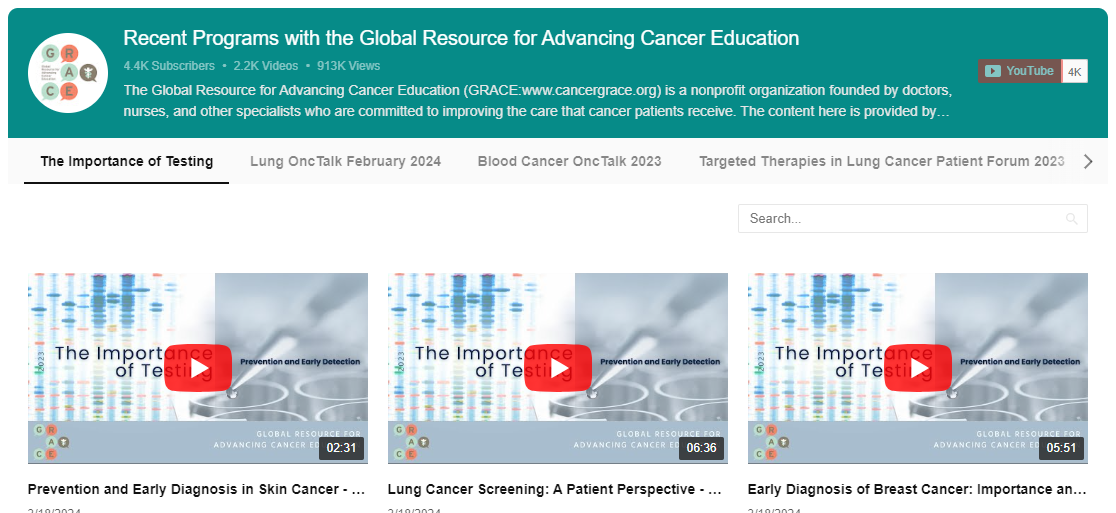Article and Video CATEGORIES

Please Note: New Treatments Have Emerged Since this Original Post
Everyone is now familiar with the success stories of targeted agents in cancer therapy. A new promising targeted agent is Pfizer drug PF02341066, the story of which may be more analogous to the development of Gleevec (imatinib)or Herceptin (trastuzumab) than to Tarceva Tarceva. Both of the former drugs were tested in selected patients, with the idea that we knew which patients were likely to benefit. This is in contrast to Tarceva, which was tested in unselected patients and found to benefit a subset; it was only afterwards that investigators identified the critical importance of EGFR mutations. At the recent ASCO meeting, Dr. Eunice Kwak presented fascinating results of a trial in which a novel agent was tested in patients selected because of a known genetic abnormality in their lung cancers. To provide a little background, the EML4-ALK fusion gene was identified in 2007 by a group of Japanese investigators headed by Dr. Hiroyuki Mano, who identifed a novel fusion gene from a surgical specimen of a patient with lung adenocarcinoma. The EML4 gene and the ALK gene, which are normally separate from each other but both on chromosome 2, had become fused together in this patient's cancer. This fusion results in increased activity of ALK, which was already known to be implicated in a certain type of lymphoma. The authors subsequently found that this fusion gene was present in the tumors of other patients. When they put this gene into cells and then put the cells into mice, the mice developed tumors. In the lab, they tested an inhibitor of ALK against cancer cells with this fusion gene and found that it dramatically inhibited their growth. Subsequent studies have identified that patients with the EML4-ALK fusion gene tend to be younger than the average lung cancer patient, are more likely to be light or never smokers, and have adenocarcinomas. While these clinical characteristics are also shared by patients with EGFR mutations, patients with EML4-ALK do not have EGFR mutations.
In another ASCO 2009 abstract, Dr. Alice Shaw and colleagues performed a retrospective study of the frequency of EML4-ALK in patients with these clinical characteristics. They found that 13% of the 141 patients in their sample had this fusion gene. The patients with the fusion gene were younger (average age 52 vs. 64 in those who didn't have the mutation) and were more likely to be male. None of the patients with EML4-ALK had responded to treatment with Tarceva or Iressa. However, patients with EML4-ALK were just as likely to respond to chemotherapy and their 1-year survival was similar to other patients in the group. In the presentation referenced above, Dr. Kwak and colleagues initially conducted a first-in-human study to determine the maximum tolerated dose of the drug. One patient in that initial group (a 49-year-old man) had an EML4-ALK lung cancer. He had a dramatic response to treatment, coming off oxygen after receiving the drug. The side effects of the drug overall were overall mild: nausea, fatigue and liver enzyme elevations the most common. The next phase of the study included only patients with ALK fusions. Out of 19 patients, over 50% had a response to treatment and 80% had either a response or stable disease. These results are especially impressive given that most of the patients had received numerous previous treatments for their lung cancers. On the basis of these promising results, a large phase III study of PF02341066 is planned to further evaluate this drug for patients with EML4-ALK lung cancer. The story of EML4-ALK lung cancer is a new and important one, and it gives us a glimpse into a future where the idea of treating all patients with NSCLC the same way will be preposterous. This all started with an analysis of a single patient's tumor and is one of the most elegant examples of translational research and personalized medicine that I have seen: a discovery going from a patient to the lab and back to patients, all within the space of two years. I’m looking forward to seeing more of this. Lung cancer needs a Gleevec.
Please feel free to offer comments and raise questions in our
discussion forums.
Forum Discussions
Waiting for my appointment with oncologist this morning. Thank you for the response. It helps. <3
It sounds like you’re thinking of this in a very appropriate way. Specifically, it sounds like the growth of the nodule is rather modest, though keep in mind that the change...
Hi and welcome to GRACE. I'm sorry your mom is having this difficulty. An indwelling catheter is used when the pleura space continually fills and the catheter is always there to...
Hi Oaktowngrrl, Welcome to Grace. I'm so sorry you're going through this.
Finding a reputable dedicated thoracic surgeon for lung surgery might be difficult, as it is a complex and...





Hi Blaze,
As much as I hate to say it, Welcome back Blaze. It sounds like you're otherwise feeling good and enjoying life which is a wonderful place to be. ...